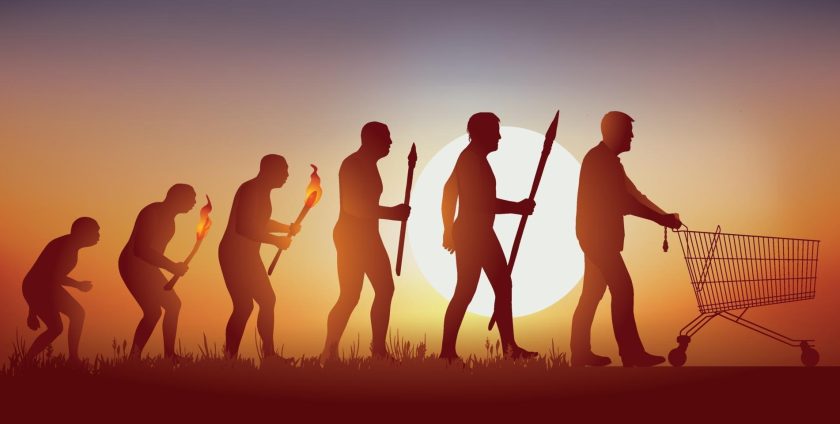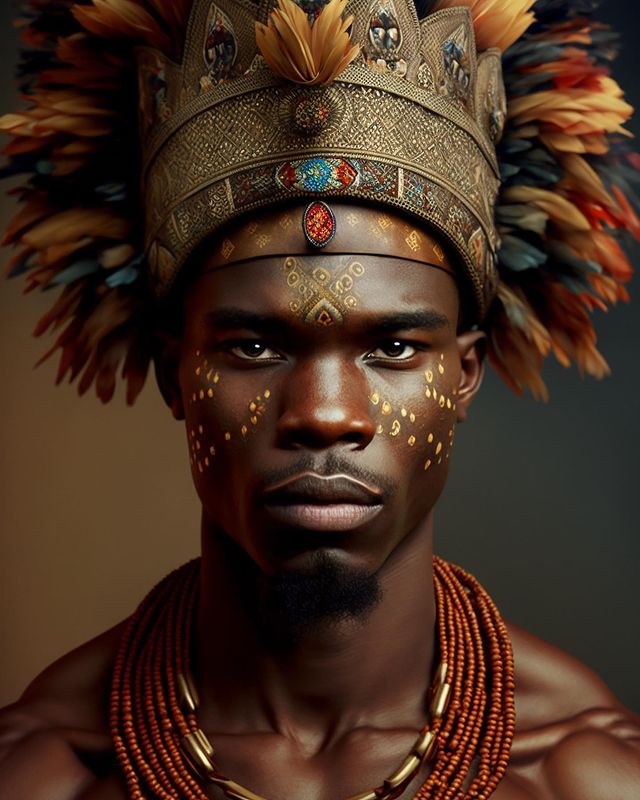The Evolution of Human Societies
The evolution of human societies is a fascinating journey that spans millions of years, from our earliest ancestors to the complex civilizations we see today. Anthropology provides a comprehensive understanding of this evolution, exploring how human societies have developed, adapted, and transformed over time.

Early Human Societies
The story of human societies begins with our early ancestors, who lived as hunter-gatherers. These small, mobile groups relied on hunting, fishing, and gathering wild plants for sustenance. Anthropologists study the tools, artifacts, and remains of these early societies to understand their social structures, subsistence strategies, and migration patterns.
The Agricultural Revolution
The transition from hunting and gathering to agriculture, known as the Agricultural Revolution, marked a significant turning point in human history. This shift allowed for the establishment of permanent settlements, leading to the development of complex societies. Farming provided a stable food supply, which supported larger populations and the specialization of labor.


Rise of Civilizations
As agricultural societies grew, they gave rise to the first civilizations. These early civilizations, such as those in Mesopotamia, Egypt, and the Indus Valley, developed advanced technologies, writing systems, and centralized governments. Anthropologists study these ancient civilizations to understand the factors that contributed to their rise and fall, including environmental changes, economic systems, and social hierarchies.
Social Complexity and Urbanization
With the rise of civilizations came increasing social complexity and urbanization. Cities became centers of trade, culture, and political power. Anthropologists examine the processes of urbanization and the development of social stratification, where societies became divided into different classes based on wealth, occupation, and social status.

Conclusion
The evolution of human societies is a dynamic and ongoing process. Anthropology provides a unique lens through which we can study this evolution, offering insights into the development, adaptation, and transformation of human cultures. By understanding our past, we can better navigate the challenges and opportunities of the present and future.










